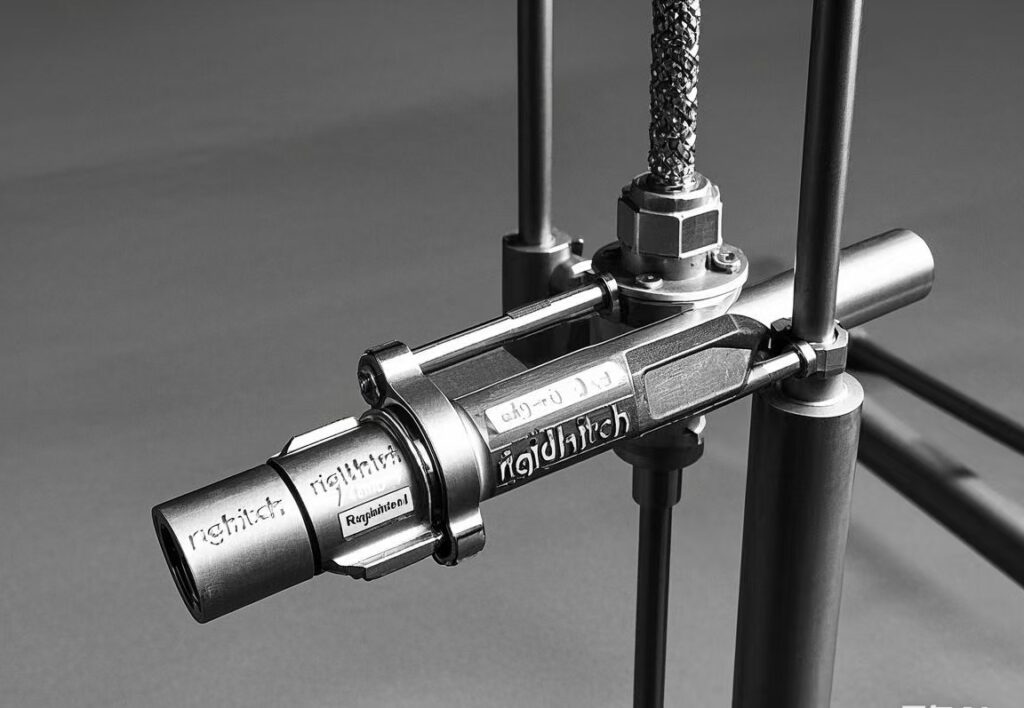When it comes to towing heavy loads safely and efficiently, a rigid hitch is one of the most reliable options available. Unlike adjustable or weight-distributing hitches, rigid hitches provide a solid, fixed connection between your tow vehicle and trailer—ideal for demanding jobs where stability is key.
In this guide, we’ll cover:
✔ What a rigid hitch is and how it works
✔ Key benefits for towing stability
✔ Best applications (and when to avoid one)
✔ Top rigid hitch models on the market
What Is a Rigid Hitch?
A rigid hitch (also called a fixed hitch) is a simple, non-adjustable towing system that creates a direct, rigid connection between a vehicle’s tow ball and the trailer coupler. Unlike weight-distributing or sway-control hitches, it doesn’t have moving parts or tension adjustments—just a solid, no-nonsense link.

Key Features:
- Fixed tow ball mount (no pivot or movement)
- Heavy-duty steel construction
- Minimal setup required
- Best for straight-line towing
Advantages of a Rigid Hitch
✅ Superior Stability – No flex means less sway, especially on smooth roads.
✅ Durability – Fewer moving parts = fewer failure points.
✅ Easy to Use – Just hook up and go—no complicated adjustments.
✅ Cost-Effective – Typically cheaper than weight-distributing hitches.
Best For:
- Short-distance towing
- Heavy equipment trailers
- Flatbed and utility trailers
- Industrial/commercial applications
Not Ideal For:
- Long highway trips (sway risk)
- Uneven or rough terrain (no articulation)
- Lightweight trailers (overkill)
Top Rigid Hitch Models
- Curt Manufacturing Fixed Ball Mount – Affordable, high-strength steel.
- B&W Tow & Stow – Flip-up design for storage convenience.
- Bulldog Hitch Heavy-Duty Coupler – Reinforced for extreme loads.

Installation & Safety Tips
- Check weight ratings (hitch, ball, and trailer must match).
- Use a locking pin to secure the hitch.
- Grease the ball to prevent wear.
- Inspect regularly for cracks or rust.
Final Verdict: Is a Rigid Hitch Right for You?
If you need a simple, strong, and dependable towing solution for short hauls or heavy loads, a rigid hitch is an excellent choice. However, if you frequently tow long distances or need sway control, consider a weight-distributing hitch instead.